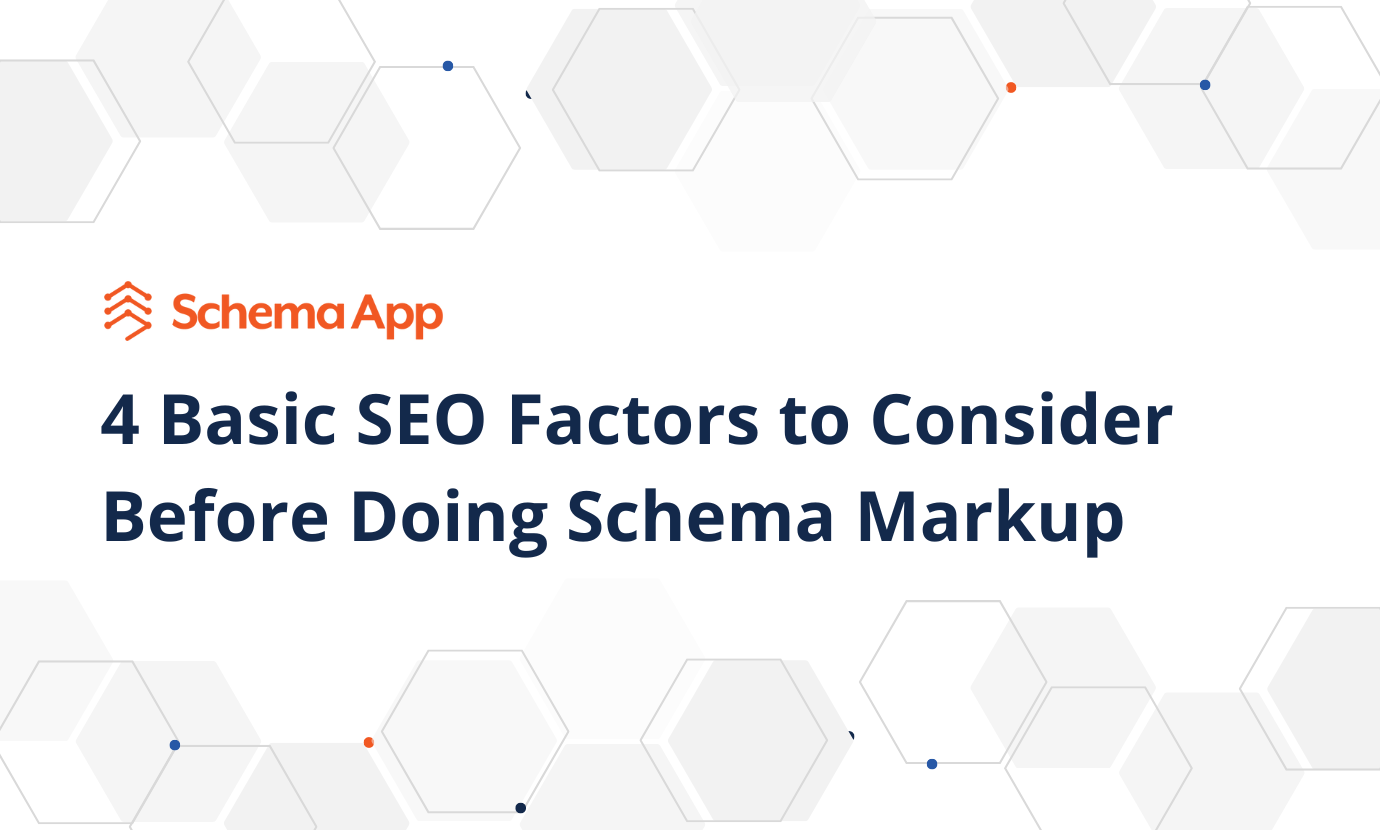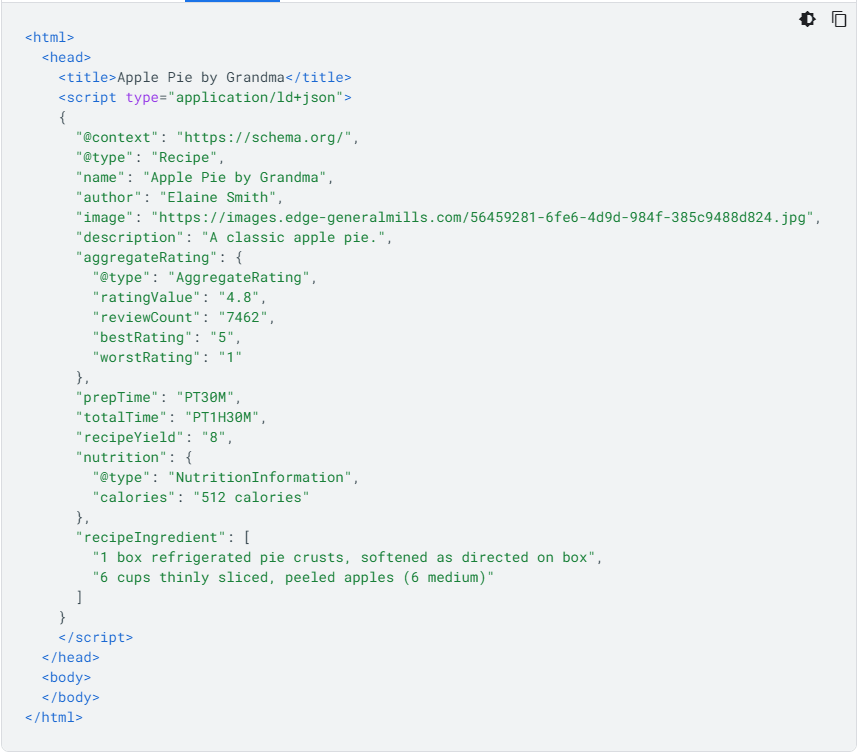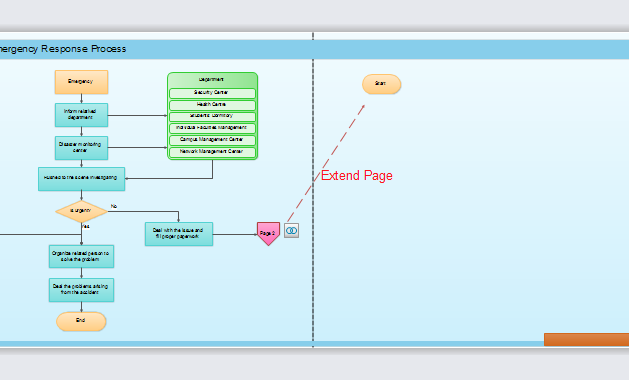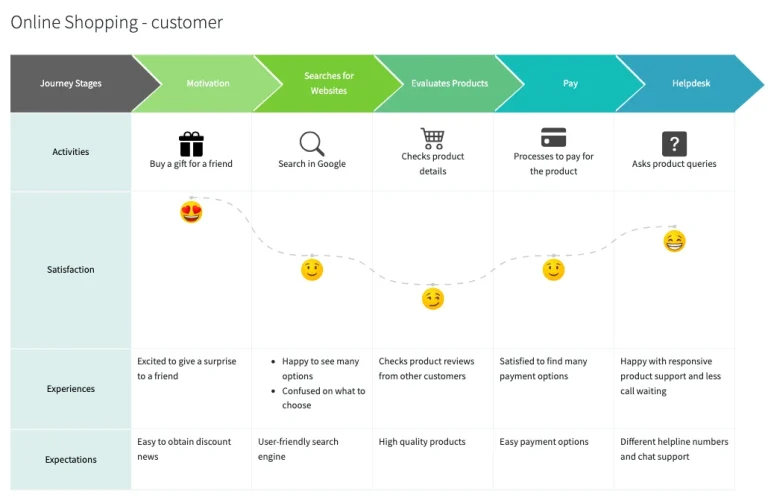
Introduction
In the ever-evolving digital landscape, establishing and showcasing the credibility of your content creators is no longer a nicety; it’s a necessity. Users and search engines alike crave trustworthy information, and content crafted by genuine experts plays a pivotal role in building a website’s authority. This is where “About / Author” Schema Markup steps in, providing a structured format to present author details on web pages, ultimately influencing search engine optimization (SEO) and user trust.
As Google continues to prioritize E-E-A-T (Experience, Expertise, Authoritativeness, and Trustworthiness), leveraging structured data like “About / Author” Schema becomes essential for content creators and website owners looking to enhance their visibility and authority in search results.
H2: What Is “About / Author” Schema and Why It Matters
“About / Author” Schema is a type of structured data that allows you to define who the author of a piece of content is and provide additional information about them. It’s part of the broader Schema.org vocabulary, which helps search engines understand the context and meaning behind the content on your website.
This schema markup is particularly important because it enables search engines like Google to better recognize and associate content with its creator. By clearly identifying an author, search engines can more accurately assess the relevance and authority of your content, especially for topics that require expertise, such as health, finance, or legal advice.
Moreover, “About / Author” Schema helps build trust with users. When readers see that a piece of content is written by a real person with verified credentials, they’re more likely to engage with it and view it as credible. This not only improves user experience but also enhances your site’s overall authority.
H2: How “About / Author” Schema Impacts SEO Performance
Implementing “About / Author” Schema has several direct impacts on your SEO performance:
- Enhanced Search Engine Understanding: By marking up author information, you help search engines understand the context and authority behind your content. This can lead to improved rankings, especially for queries where expertise is crucial.
- Improved Content Trustworthiness: Websites that provide clear authorship information are often perceived as more trustworthy by users. This trust can lead to higher engagement rates, increased comments, and better conversion rates.
- Rich Snippets in Search Results: Properly implemented “About / Author” Schema can lead to the creation of rich snippets in search results. These snippets may include the author’s name, photo, and social media links, increasing visibility and click-through rates from search result pages.
- Competitive Advantage: In competitive niches, having detailed author information can be a significant differentiator. If your competitors fail to provide similar transparency regarding their content creators, “About / Author” Schema can give your website a significant edge.
By incorporating this schema into your SEO strategy, you’re not just optimizing for search engines — you’re also building a stronger connection with your audience.
H2: Step-by-Step Implementation Framework
Here’s a practical guide to implementing “About / Author” Schema on your website:
1. Define or Audit the Current Situation
Before implementing any schema, take stock of your current author setup. Are your authors’ profiles complete? Do you have clear links to their professional backgrounds or social media accounts?
- Check if your CMS (like WordPress, Drupal, or Joomla) supports structured data.
- Identify all content creators on your site and ensure they have well-defined author pages.
2. Apply Tools, Methods, or Tactics
There are multiple ways to implement “About / Author” Schema, depending on your technical capabilities and platform.
- Using Plugins (for WordPress):
- Install plugins like Yoast SEO, Rank Math, or Schema Pro to automatically generate and manage schema markup.
-
Configure these tools to include author details such as name, job title, URL, and social media links.
-
Manual Implementation (for Developers):
- Add JSON-LD code directly to your HTML
<head>section. -
Example:
html
<script type="application/ld+json">
{
"@context": "https://schema.org",
"@type": "Person",
"name": "John Doe",
"url": "https://example.com/authors/johndoe",
"sameAs": ["https://twitter.com/johndoe", "https://linkedin.com/in/johndoe"]
}
</script> -
Use Microdata or RDFa (Advanced):
- For more control, use microdata or RDFa within your HTML body. This method is less common but offers greater flexibility.
3. Measure, Analyze, and Optimize
Once implemented, monitor the impact of your “About / Author” Schema using tools like Google Search Console and Google Analytics.
- Check Rich Results: Use Google’s Rich Results Test to verify that your schema is being recognized.
- Track Engagement Metrics: Look at bounce rate, time on page, and click-through rates to gauge how users are responding to your structured data.
- Update Regularly: Keep author information updated, especially when authors gain new qualifications or change their professional focus.
H2: Real or Hypothetical Case Study
Let’s look at a hypothetical case study of a financial blog that implemented “About / Author” Schema.
Scenario: A financial blog called “MoneyMatters.com” had a high volume of content but struggled with low engagement and poor search rankings.
Action: The team decided to implement “About / Author” Schema for all their articles. They created detailed author profiles with job titles, LinkedIn links, and photos. They also used the sameAs property to link to each author’s social media profiles.
Result: Within six months, the blog saw a 35% increase in organic traffic, a 20% improvement in average session duration, and a 15% boost in click-through rates from search results. The added author information helped Google better understand the expertise behind the content, leading to improved visibility and user trust.
H2: Tools and Techniques for “About / Author” Schema
Here are some of the most effective tools and techniques for implementing “About / Author” Schema:
- Yoast SEO – Offers built-in support for structured data, including author markup. Ideal for non-technical users.
- Rank Math SEO – Provides an easy-to-use interface for managing schema, including customizing author details.
- Schema Pro – A dedicated plugin for adding schema markup across various content types, including authors and articles.
- Google Structured Data Testing Tool – Helps verify that your schema is correctly implemented and recognized by Google.
- JSON-LD Generator Tools – Useful for developers who prefer to manually create and insert schema code.
Each of these tools can streamline the process of adding “About / Author” Schema, making it easier to maintain and optimize your content for both users and search engines.
H2: Future Trends and AI Implications
As AI-generated content becomes more prevalent, the need for human-authored content and clear authorship will only grow. Search engines are likely to place even more emphasis on E-E-A-T signals, and “About / Author” Schema will play a critical role in helping them distinguish between AI-generated and human-created content.
Future trends may include:
- More Advanced Author Verification: Search engines could start verifying author credentials through third-party platforms or databases.
- Integration with Voice Search: As voice search grows, structured data like “About / Author” will become even more important for ensuring accurate and trustworthy results.
- Personalized Search Experiences: With better author recognition, search engines could begin tailoring results based on the authority and reputation of the content creator.
To stay ahead, content creators should proactively implement “About / Author” Schema and ensure their author profiles are complete, up-to-date, and linked to relevant external sources.
H2: Key Takeaways
- Boost E-A-T Signals: “About / Author” Schema helps search engines understand the expertise and authority behind your content.
- Improve User Trust: Clear author information increases user confidence and engagement.
- Enhance Visibility: Rich snippets and structured data can improve your content’s visibility in search results.
- Stay Competitive: In niches where expertise matters, author markup gives you a unique advantage.
- Future-Proof Your Content: As AI becomes more dominant, structured data like “About / Author” will be essential for maintaining relevance.
By integrating “About / Author” Schema into your SEO strategy, you’re not just optimizing for search engines — you’re building a foundation for long-term authority and trust.
Meta Title: How to Use ‘About / Author’ Schema to Boost E-A-T
Meta Description: Learn how to implement ‘About / Author’ Schema to enhance your content’s E-A-T, improve search visibility, and build user trust.
SEO Tags (5):
– About Author Schema
– E-A-T Optimization
– Structured Data for SEO
– Author Verification
– Schema Markup for Content
Internal Link Suggestions:
– Parameter #12: How to Build E-E-A-T for Your Website
– Parameter #15: Optimizing Content for Voice Search
– Parameter #9: Using Schema Markup for Better Rankings
External Source Suggestions:
– Schema.org
– Google Search Console
– Yoast SEO Documentation









